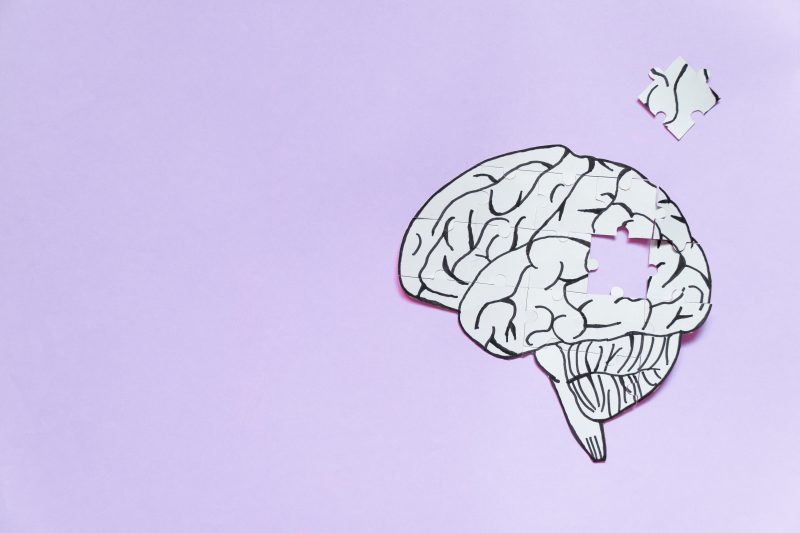Cognitive decline’s acceleration into dementia is not a guarantee and, according to recent research, may even be reversed. But the potential for reversal and a definitive cure that can be applied to patients on a broader scale are two very different things.
As of right now, there is no clear cure for dementia as it is often caused by different conditions, be Alzheimer’s disease, Parkinson’s or something like vascular dementia. Because of this, many in the medical community believe that it will be difficult to pinpoint a single cure for dementia.
While it hasn’t happened yet, there are however, promising treatments for dementia that may lead to a cure in the future.
We’ve looked at studies that aim to incorporate the use of stem cells to help create new brain cells and restore synapses that are lost with dementia progression. Other studies are focused on genetics and approaches to restore healthy function to genes that begin to falter with age.
While genes play an important role in dementia cases, non-genetic factors such lifestyle and environment also play a part. The most significant impacts to memory and thinking skills occurs in the later stages of a condition such as Alzheimer’s disease. A study published in the journal Brain suggests that downregulation of glutamate receptors in the brain is a culprit.
Glutamate is a neurotransmitter that causes excitation via nerve cells in the brain and contributes to a healthy working memory. Any number of factors can cause changes in genetic expression and thus create more or less of specific proteins that need to be balanced for healthy brain function.
The type of epigenetic reaction that causes a reduction in glutamate receptors is called a packaging-altering mechanism, which is known as a “repressive histone modification.” But researchers at the State University of New York in Buffalo have shown promise in animal models that there are enzymes which control repressive histone modification and could lead to the development of new pharmaceutical solutions.
What About Immunotherapy?
You’ve probably heard of immunotherapy as a promising treatment for various types of cancers, but it is now also the subject of research aimed at curing Alzheimer’s disease and possibly other types of dementia. These studies have taken a vaccination approach, attempting to block the development of abnormal proteins that build up in the brains of Alzheimer’s patients.
Other immunotherapy methods attempt to build antibodies which target the types of protein that speed up the disease’s progression. Thus far, this approach has been largely unsuccessful except for one case, the antibody aducanumab, which has shown promise and has been the subject of ongoing clinical trial testing.
Another way of using immunotherapy is attempting to trigger immune response by tapping into cells involved in clearing debris from the brain. These cells are called microglia, but work done with them thus far has indicated that the cells become overactive and may cause unwanted damage to the brain. Researchers are trying to figure out how to prevent this.
While all these new developments in scientific research show promise, the truth is that the best method for stopping dementia is to catch the warning signs of cognitive decline early and take active steps to prevent the condition from worsening. A nutritious diet, regular exercise and limiting stress as you age can be as helpful as any treatment currently available to those suffering from any type of dementia.
